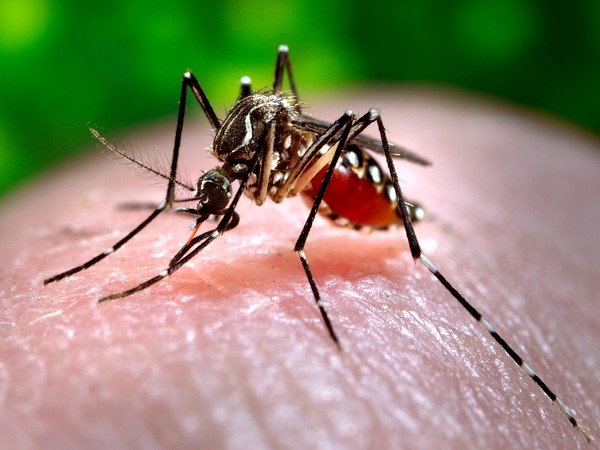Punjab's Dengue Crisis: Rising Cases Demand Urgent Action
Punjab, Pakistan, grapples with a surge in dengue fever, recording 65 new cases in Rawalpindi and 79 province-wide. Health officials emphasize eradicating stagnant water to prevent further spread. Meanwhile, public outcry in Khyber Pakhtunkhwa stresses the need for timely mosquito control measures.

- Country:
- Pakistan
In Pakistan's Punjab province, a concerning spike in dengue fever cases has been reported, with 65 new cases in Rawalpindi and 79 across the region, underlining the severity of the outbreak. ARY News highlighted the concentration of these cases in Rawalpindi, followed by fewer detections in districts like Chakwal, Sialkot, and others.
Health authorities have tallied 6,838 dengue cases in Punjab as the province faces a peak in this seasonal menace. Officials are urging residents to eliminate stagnant water from their surroundings as a preventive strategy against the disease, reported ARY News. The appeal is part of a broader initiative to curb dengue's spread.
Elsewhere, in Khyber Pakhtunkhwa's Peshawar, 891 dengue cases contribute to a regional total exceeding 3,000, prompting public discontent over delayed mosquito control efforts. Residents complain about the lack of proactive measures, noting their area as a seasonal dengue hotspot failing to receive adequate mosquito spraying or awareness initiatives.
The situation has led to a dengue emergency declaration in Rawalpindi by the Deputy Commissioner. Dengue, defined by WHO as a debilitating mosquito-borne virus, now poses a threat to over half the global population. WHO emphasizes that vector control remains vital, as there are no specific treatments, only supportive care to mitigate severe cases.
With forecasts estimating 100-400 million dengue incidences annually, the emphasis remains on early detection and effective medical response to manage fatality risks, WHO advises.
(With inputs from agencies.)
ALSO READ
Khyber Pakhtunkhwa Cabinet Criticizes Punjab's Conduct During Afridi's Visit
Pakistani Forces Eliminate TTP Threat in Khyber Pakhtunkhwa
Police Crackdown in Khyber Pakhtunkhwa: A Blow to TTP
Blast Targets Frontier Corps in Khyber Pakhtunkhwa
9 children injured in drone strike on madrassa in Pakistan's Khyber Pakhtunkhwa










